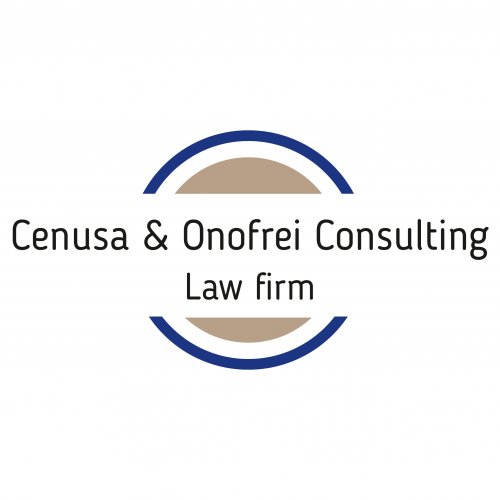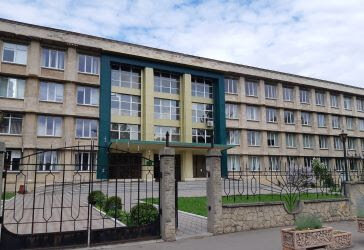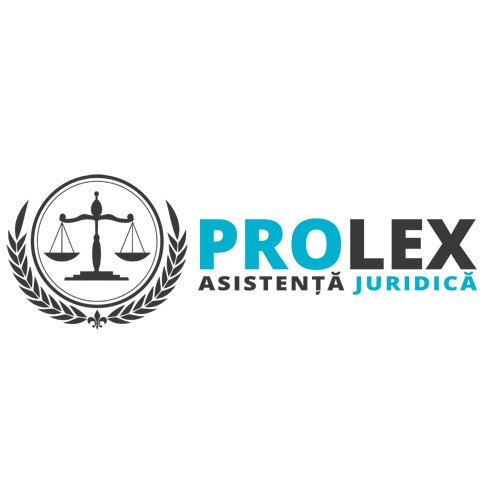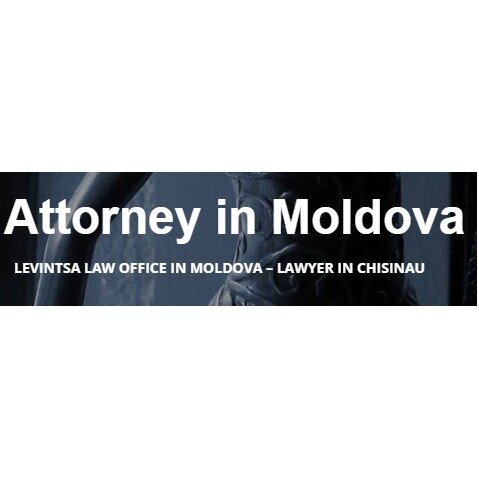Best Child Visitation Lawyers in Republic of Moldova
Share your needs with us, get contacted by law firms.
Free. Takes 2 min.
Free Guide to Hiring a Family Lawyer
Or refine your search by selecting a city:
List of the best lawyers in Republic of Moldova
About Child Visitation Law in Republic of Moldova:
Child visitation refers to the right of a non-custodial parent to spend time with their child. In Republic of Moldova, child visitation laws aim to ensure that both parents have the opportunity to maintain a relationship with their child following a separation or divorce. These laws prioritize the best interests of the child while also considering the rights of both parents.
Why You May Need a Lawyer:
Seeking legal advice from a lawyer specializing in child visitation can be beneficial in various situations. Some common reasons why you may need a lawyer include disputes over visitation schedules, disagreements between parents regarding the child's best interests, enforcement of visitation rights, modification of visitation orders, and navigating complex legal processes related to child visitation.
Local Laws Overview:
In Republic of Moldova, child visitation laws are governed by the Family Code, which outlines the rights and responsibilities of parents in relation to their children. The court may establish a visitation schedule based on the child's needs and the parents' circumstances. Factors such as the child's age, relationship with each parent, and any history of domestic violence may also be taken into account when determining visitation rights.
Frequently Asked Questions:
1. Can visitation rights be enforced if one parent refuses to comply?
Yes, visitation rights can be enforced through legal means if one parent refuses to comply with the visitation schedule. A lawyer can help you navigate the legal process to ensure that your visitation rights are upheld.
2. Can visitation rights be modified if circumstances change?
Yes, visitation rights can be modified if there is a significant change in circumstances that warrants a revision of the visitation schedule. A lawyer can help you petition the court for a modification of visitation rights based on these changes.
3. What factors does the court consider when determining visitation rights?
The court considers factors such as the child's age, relationship with each parent, the parents' ability to cooperate, any history of domestic violence, and the best interests of the child when determining visitation rights.
4. Can grandparents be granted visitation rights in Republic of Moldova?
Yes, grandparents may be granted visitation rights in Republic of Moldova if it is deemed to be in the best interests of the child. However, the court will evaluate the specific circumstances before granting visitation rights to grandparents.
5. What steps can I take to enforce my visitation rights?
If the other parent is not complying with the visitation schedule, you can seek legal assistance to enforce your visitation rights. This may involve filing a motion with the court or seeking mediation to resolve the dispute.
6. Can visitation rights be terminated if one parent is deemed unfit?
Visitation rights can be terminated if one parent is deemed unfit or poses a risk to the child's well-being. The court will evaluate the circumstances and may restrict or terminate visitation rights if it is in the best interests of the child.
7. Can I request supervised visitation if I have concerns about the other parent's behavior?
If you have concerns about the other parent's behavior and believe that supervised visitation is necessary to ensure the child's safety, you can request supervised visitation through the court. A lawyer can help you make this request and present evidence to support your case.
8. How can I establish a visitation schedule with the other parent?
If you and the other parent are unable to agree on a visitation schedule, you can seek legal assistance to help establish a visitation schedule through mediation or court proceedings. A lawyer can help you negotiate a schedule that meets the child's needs and respects both parents' rights.
9. What rights do non-custodial parents have in Republic of Moldova?
Non-custodial parents in Republic of Moldova have the right to maintain a relationship with their child through visitation. The court may establish a visitation schedule that allows the non-custodial parent to spend time with the child while considering the child's best interests.
10. How can a lawyer help me with child visitation issues?
A lawyer specializing in child visitation can provide legal advice, represent you in court proceedings, help you navigate the legal system, negotiate visitation schedules with the other parent, and ensure that your visitation rights are upheld. A lawyer can also help you understand your rights and responsibilities as a parent in relation to child visitation.
Additional Resources:
If you need legal assistance or advice regarding child visitation in Republic of Moldova, you can contact the Family Law Department of the Ministry of Justice, the Moldovan Bar Association, or local family law attorneys who specialize in child visitation issues. These resources can provide you with further information and guidance on how to proceed with your child visitation case.
Next Steps:
If you are facing child visitation issues in Republic of Moldova and require legal assistance, it is recommended to schedule a consultation with a lawyer specializing in family law. During the consultation, you can discuss your concerns, learn about your legal options, and receive guidance on how to proceed with your child visitation case. A lawyer can help you navigate the legal process, protect your rights as a parent, and work towards a resolution that is in the best interests of your child.
Lawzana helps you find the best lawyers and law firms in Republic of Moldova through a curated and pre-screened list of qualified legal professionals. Our platform offers rankings and detailed profiles of attorneys and law firms, allowing you to compare based on practice areas, including Child Visitation, experience, and client feedback.
Each profile includes a description of the firm's areas of practice, client reviews, team members and partners, year of establishment, spoken languages, office locations, contact information, social media presence, and any published articles or resources. Most firms on our platform speak English and are experienced in both local and international legal matters.
Get a quote from top-rated law firms in Republic of Moldova — quickly, securely, and without unnecessary hassle.
Disclaimer:
The information provided on this page is for general informational purposes only and does not constitute legal advice. While we strive to ensure the accuracy and relevance of the content, legal information may change over time, and interpretations of the law can vary. You should always consult with a qualified legal professional for advice specific to your situation.
We disclaim all liability for actions taken or not taken based on the content of this page. If you believe any information is incorrect or outdated, please contact us, and we will review and update it where appropriate.
Browse child visitation law firms by city in Republic of Moldova
Refine your search by selecting a city.

















